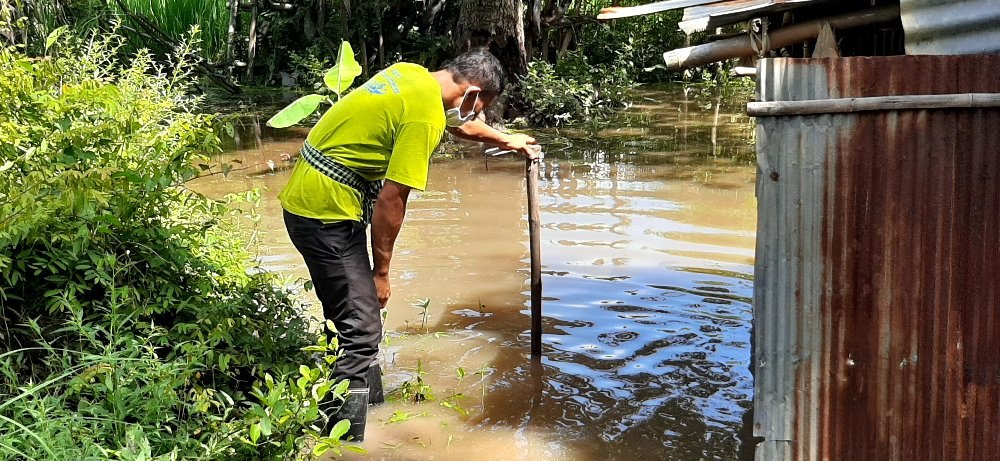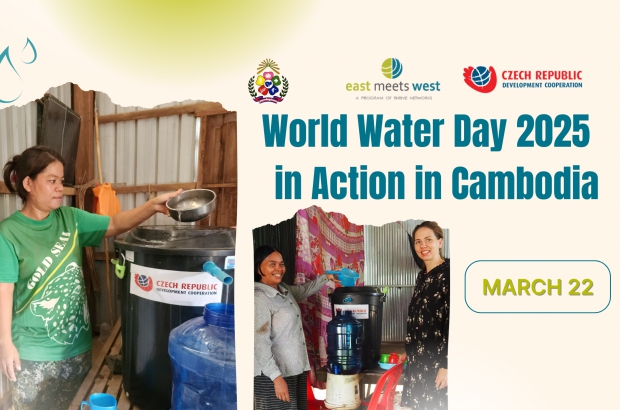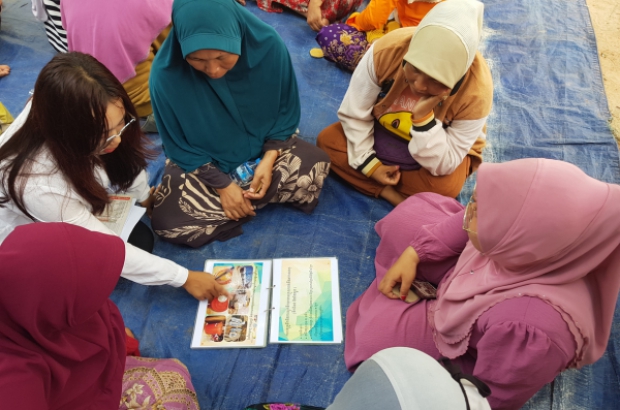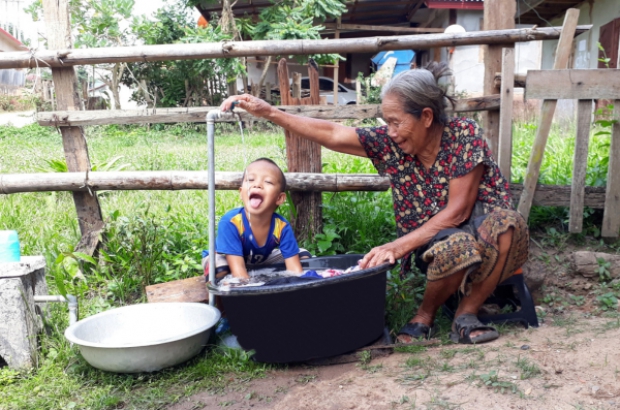
Lessons from Water for Women Fund!
2570
Climate change and WASH are intrinsically linked. According to UN Water’s 2020 World Water Development Report, nearly three quarters of natural disasters are water related. When they hit, they can destroy critical WASH infrastructure and access – severely affecting the health, safety and food security of thousands, if not millions of people at a time.
The impacts of climate change are not experienced equally, though. Climate change disproportionately affects women, people living in extreme poverty, people with disabilities and socially marginalized groups, who often have little influence or control over resources or decisions that affect their communities.
Given that climate change has such a significant impact on safe and equitable WASH access and services, climate resilience in the WASH sector is needed urgently.
East Meets West Foundation/Thrive Networks is pleased to announce that Water for Women have just launched their climate change vignette report “Making the Critical Connections between Climate Resilience & Inclusive WASH – Lesson from Water for Women Fund.”
We are delighted to be one of 12 partners of @Water for Women working on projects in the Asia-Pacific that are building climate resilience through inclusive and sustainable WASH programs and research.
Download the full report at: https://wfw.fund/31blqDM
Read more about our two-page description of our research: Building Inclusive Climate Resilience: Perspectives of WASH Enterprises and Marginalized Households in Rural Cambodia at: Two-page of Thrive Networks
Related News
3296
Transitioning from external funding to local government fund management
Under the support of the Australian Government Department of Foreign Affairs and Trade through Water for Women Fund, East Meets West Foundation (EMWF) has launched the Community Led, Inclusive, Climate Resilient (CLICR) WASH project in 30 communes across 15 districts and 6 provinces in Cambodia from January 2023 to December 2024. One of the key objectives of this project is to enhance menstrual health and hygiene (MHH) for women and girls while promoting climate resilience.
3561
A Stream of Change: Mrs. Pik’s Water Transformation
After collecting water for consumption and domestic use for more than 70 years, today Mrs. Pik, a 75-year-old widow living in Paklay District, Xayyabouly Province, can remove the heavy bamboo pole and water bucket from her shoulders. During a household visitation, she told East Meets West’s field staff.



